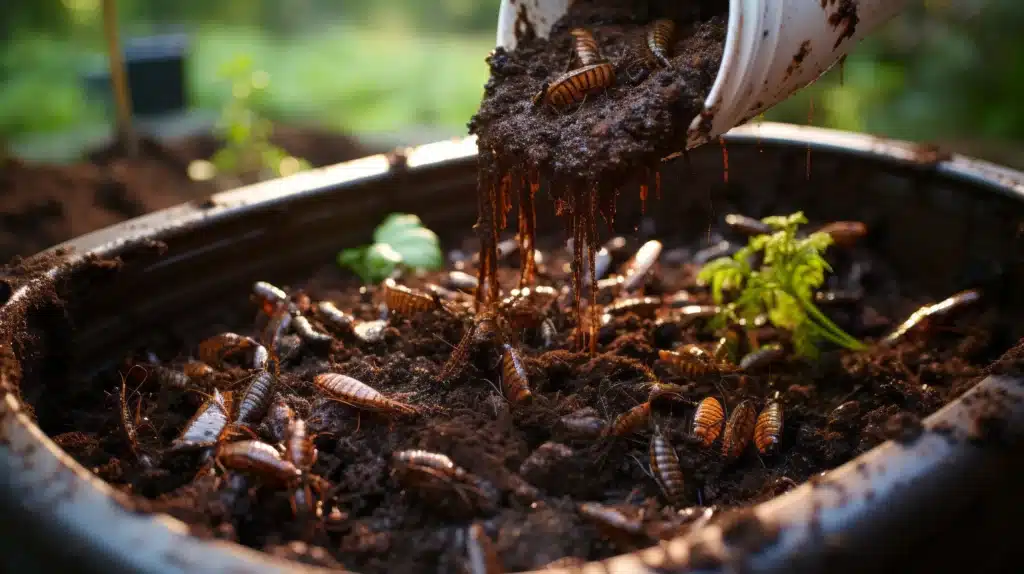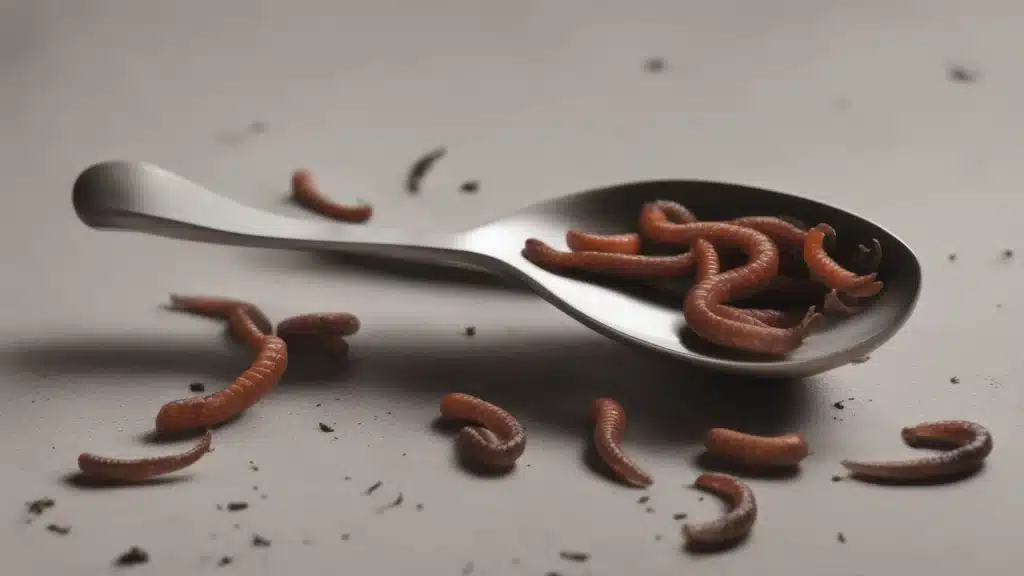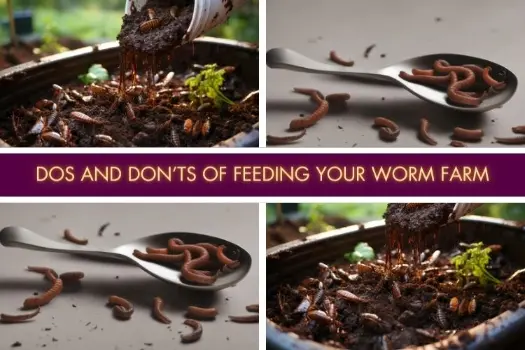Worm farming, or vermiculture, has surged in popularity as homeowners and garden enthusiasts recognize its potential to produce nutrient-rich compost, known as worm castings, for gardens and plants. However, the success of this endeavor hinges on understanding and correctly implementing best practices for feeding the worms.
Given their unique dietary requirements and environmental needs, it’s crucial to follow certain dos and don’ts in the care and feeding of these creatures. To aid in effective worm farming, there are specialized products available, such as Maze’s Worm Farms, which are designed to optimize vermiculture practices.
With tools like these in hand, let’s delve into the dos and don’ts of feeding your worm farm.
The Dos: Best Practices For Feeding Your Worm Farm

Feeding your worm farm can be much easier with the following practices:
1. Provide A Balanced Diet
Worms have specific nutritional needs, which, when met, promote their health and productivity. They benefit from a diet that includes a mix of nitrogen-rich green waste, such as vegetable and fruit scraps, coffee grounds, tea bags, and carbon-rich brown waste, like paper, cardboard, and dried leaves. This balance ensures that worms receive the essential nutrients and fiber necessary for their survival and efficiency in composting.
2. Maintain Moisture And Temperature Levels
Adequate moisture is essential for worm survival, as these creatures breathe through their skin, which must stay moist. The bedding and food scraps should be as wet as a wrung-out sponge. Excessive moisture, however, can lead to odors and create an anaerobic environment detrimental to the worms, so moderation is key.
Worms are also sensitive to temperature extremes. Keeping the bin in a place where the temperature is controlled or moderated can help maintain an environment conducive to worm activity and reproduction.
3. Feed In Small Quantities Initially
Starting with small feedings is important to prevent food waste and understand your worms’ consumption rate. If the worms consume the food quickly (within 24-48 hours), you can gradually increase the feeding size. This method helps in managing the waste and keep the bin free from odors and pests.
4. Crush Or Cut Large Food Scraps
Worms don’t have teeth; they rely on bacteria and other microorganisms to break down the food before they can consume it. Cut large food scraps into smaller pieces and crush eggshells to increase the surface area for microorganisms to act upon, thereby speeding up the decomposition process.
5. Regularly Harvest The Castings
Harvesting the worm castings periodically ensures that the bin doesn’t become overcrowded. It also ensures the worms have enough space to continue their composting activity efficiently.
6. Rotate Feeding Areas
To promote even decomposition and avoid over-saturation, rotating feeding areas within the bin is advisable. This method allows the worms to migrate towards the food source effectively and helps monitor the consumption rate.
7. Monitor pH Levels
Maintaining a neutral pH level in the worm bin is crucial for the worms’ health. If the environment becomes too acidic, it can be harmful to these creatures. Adding crushed eggshells or garden lime can also help neutralize the pH level.
The Don’ts: What To Avoid In Feeding Your Worm Farm

While there are several recommended practices to ensure the well-being of your worm farm, there are also certain actions to avoid. These include:
1. Avoid Meat And Dairy
Adding meat, fish, dairy, and even oily foods can lead to unpleasant odors, attract pests, and slow down the composting process. These items are harder to break down and can disrupt the balance of the worm bin. Stick to plant-based scraps to keep the process efficient and hygienic.
2. Stay Away From Processed Foods
Processed foods can harm worms due to their high salt content and other additives. Therefore, it’s best to limit or avoid foods such as bread, pasta, and cereals. The simpler and more organic the food waste, the better it is for your worms.
3. Limit Citrus And Onions
Citrus fruits and onions can create an acidic environment in the bin that’s harmful to worms. While small amounts occasionally might not pose a significant risk, it’s generally advisable to avoid these foods to maintain the health of the worm farm.
4. Avoid Oily Foods Or Sauces
Oily foods and those with sauces can create mold problems and attract unwanted pests. They can also coat the worms and disrupt their breathing ability through their skin. So, avoid feeding oily foods and those with sauces to your worms.
5. Refrain From Using Non-biodegradable Materials
Non-biodegradable materials like plastic and metal can harm the worms and contaminate the compost. Hence, ensure that only organic, biodegradable matter goes into your worm farm since it’s crucial for the health of the worms and the quality of the compost for gardening.
Conclusion
Managing a worm farm requires a strategic balance of correct feeding, maintaining proper environmental conditions, and vigilant monitoring. By faithfully following these dos and don’ts, you can ensure a thriving worm farm and harness its full potential in benefiting your garden and the broader environment.






